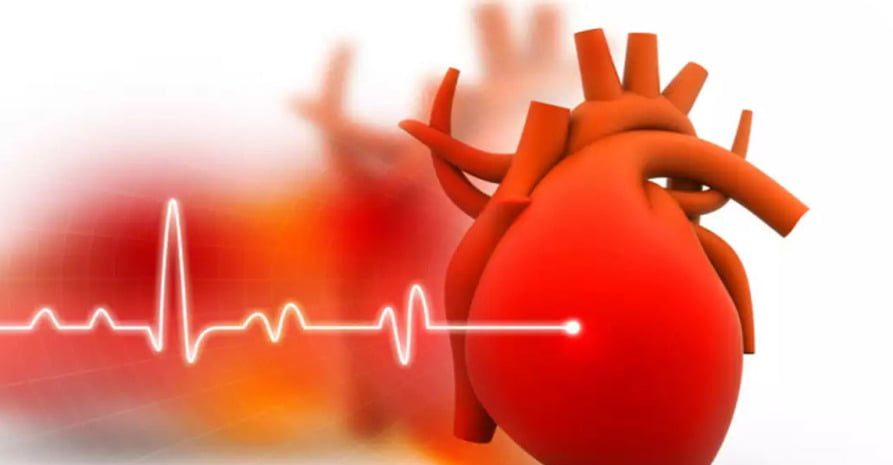If your heart rate has increased to this extent, then understand that an attack is going to come, in this way you can save your life. Ignoring fast heartbeat can be expensive. If you become conscious in time, then life can be saved, but if a little care is taken, then the risk of heart attack may increase. Heart is a very delicate but important part of our body. As long as it beats, we are alive, that is, the heartbeat is a proof that the person is alive.
What should be the heart rate?
By the time the heart rate beats normally, everything is fine, but if the heart rate suddenly increases, it can be a danger bell. Doctors say that if the heart rate exceeds the prescribed limit, it can be a direct sign of heart attack. In such a situation it can be difficult to save life. Know what is the normal heart rate, you should be cautious above which limit, and how can you protect yourself from this danger.
What should be the normal heart rate?
A normal adult heart rate is 60 to 100 beats per minute (BPM). When it goes above 100 bpm, it is called ‘tachycardia’, which means abnormally sharp heartbeat. Constant high heart rate puts pressure on the heart and causes problems in blood supply.
When should the heartbeat increase to be considered a sign of danger?
According to doctors, if your heart rate turns 120 bpm or more and you are resting, then become alert immediately. Along with this, if you are having problems like dizziness, shortness of breath, chest pain, restlessness or sweating, then it may be a direct sign of heart attack. You can check the heart rate in real time through a mobile fitness band or smartwatch.
How to protect yourself?
Take a deep breath and stop. Count your breaths and highlights, this can make your heart rate normal. Drink cold water. This can control body temperature and heart rate. Stress is the biggest reason for increasing heart rate. To avoid this, do yoga and meditation. Avoid caffeine or energy drinks, they increase heart rate. If the heart is continuously beating fast, then conduct medical examination without delay and contact the doctor. Exercise to take a deep breath every morning in the morning, this will improve the health of the heart. Keep an eye on your heart condition through regular ECG and blood pressure monitoring.
